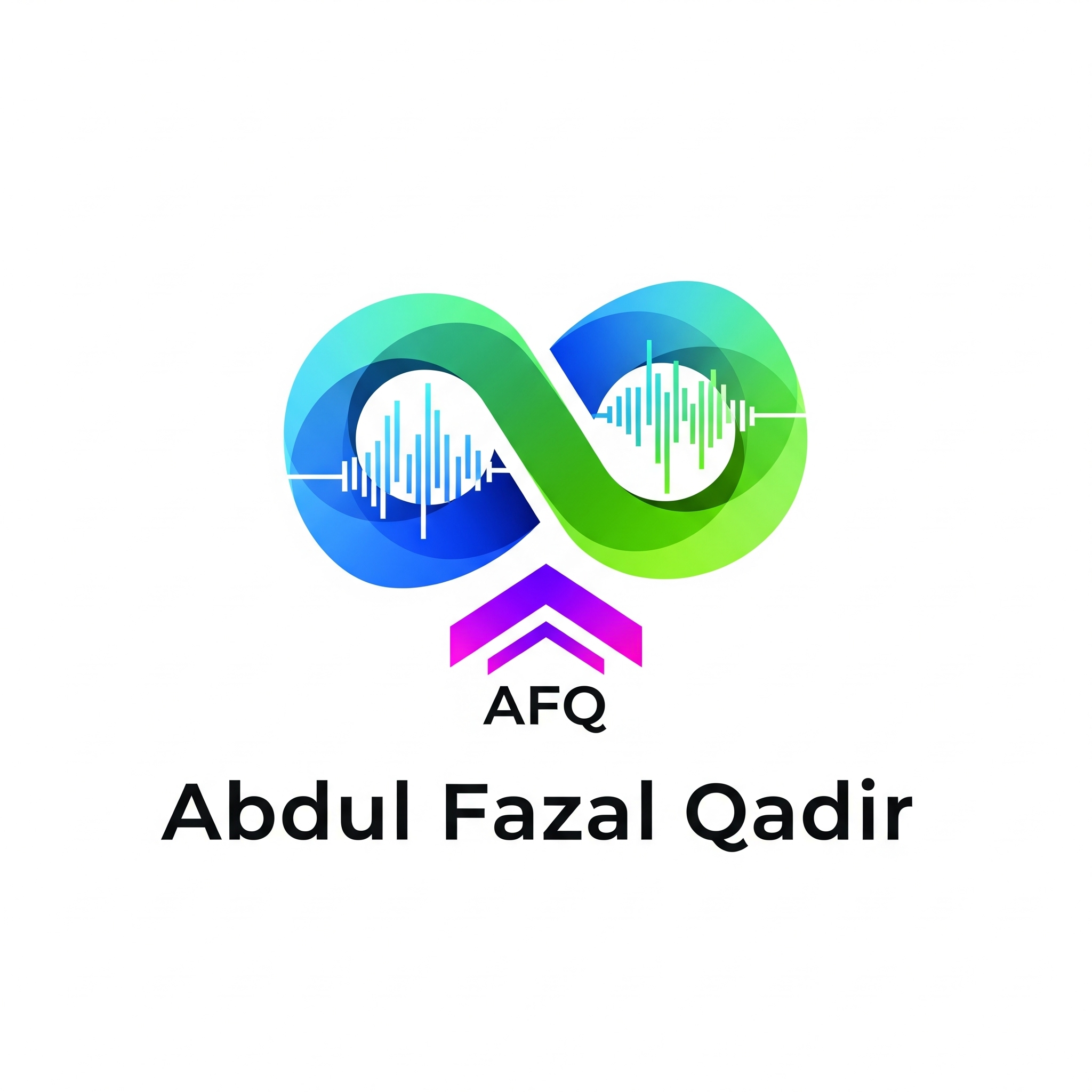White Cane Day A Symbol of Independence and Empowerment for the Visually Impaired
Every year on October 15, the world celebrates White Cane Day a global recognition of the rights, achievements, and independence of visually impaired individuals. For millions around the world, the white cane is far more than a mobility tool; it is a symbol of dignity, empowerment, and equality. It stands for confidence, safety, and the human right to move freely.
At AFQ Online Academy, we proudly join this celebration to highlight the strength of those who see the world through courage, not sight — and to continue our mission of empowering visually impaired learners across Pakistan through accessible education and digital inclusion.
The History of White Cane Day
The journey of White Cane Day has its roots in the early 20th century, when societies began to recognize the need for tools that could support the independence of blind individuals. The white cane, as we know it today, originated as a symbol of visibility and safety. In 1921, a British photographer named James Biggs, who became blind after an accident, painted his walking stick white to make it more visible to drivers. This simple yet powerful idea quickly spread across Europe and the United States, becoming a defining symbol for people who are blind or visually impaired.
In 1930, organizations for the blind began promoting the white cane as a tool of independence and mobility. The movement gained significant momentum after World War II, as returning soldiers who had lost their vision needed better ways to navigate their surroundings safely. The concept of ‘White Cane Safety’ became central to disability rights movements of the mid-20th century.
The first official recognition came in 1964, when the President of the United States, Lyndon B. Johnson, proclaimed October 15 as White Cane Safety Day. This historic declaration acknowledged the white cane as both a symbol and a tool — representing independence, equal opportunity, and human rights for people with visual impairments. Since then, countries around the world have adopted October 15 as White Cane Day, celebrating the courage and achievements of visually impaired individuals.
In Pakistan, White Cane Day is marked by organizations, institutions, and advocates who raise awareness about accessibility, employment opportunities, and the importance of inclusive education. It serves as a national reminder that the visually impaired community deserves equal respect, opportunity, and access to all aspects of life.
The Meaning Behind the White Cane
The white cane is more than a physical object — it is a universal symbol of independence. It allows visually impaired persons to move freely, make choices, and engage with their surroundings safely. Every step taken with a white cane reflects strength, confidence, and self-determination.
It also serves as a communication tool for others letting people know that the person using it is blind or visually impaired and may need additional space or consideration. Above all, the white cane stands for equality, reminding us that every individual has the right to live, learn, and work with dignity.
Empowering Through Education and Technology
At AFQ Online Academy, we believe that education is the true key to independence. Just as the white cane provides physical mobility, education provides intellectual and economic mobility. Our digital learning programs are specifically designed to make technology and professional skills accessible for visually impaired learners across Pakistan.
Our courses include computer literacy, screen reader training, artificial intelligence awareness, and online employment skills. Through these programs, learners gain confidence, communication skills, and the ability to compete in a digital economy.
Each success story is a reflection of the White Cane spirit moving forward with courage, guided by knowledge and purpose.
A Call for Inclusion and Awareness
White Cane Day carries a message for the entire world: inclusion is not a choice it is a responsibility. Every community, institution, and workplace must strive to become accessible and inclusive for persons with disabilities. True inclusion goes beyond sympathy; it involves creating opportunities, removing physical and digital barriers, and recognizing talent regardless of visual ability.
In Pakistan, there is still much work to be done. Awareness about the white cane, assistive technologies, and equal employment opportunities remains limited. At AFQ Online Academy, we continue to work towards bridging this gap by offering free and affordable online education that empowers visually impaired individuals to participate confidently in mainstream society.
AFQ Online Academy’s Commitment
As Pakistan’s first digital learning platform dedicated to visually impaired learners, AFQ Online Academy is deeply committed to accessibility, innovation, and inclusion. We believe that technology can level the playing field — enabling blind and low-vision individuals to learn, earn, and lead with confidence.
On this White Cane Day, AFQ Online Academy renews its promise to continue providing accessible courses, digital tools, and mentorship opportunities. Our vision is a Pakistan where every learner, regardless of disability, has the chance to explore their potential and contribute meaningfully to society.
Conclusion
The white cane is not just a stick it is a story of resilience, a declaration of independence, and a beacon of hope.
Each person who walks with a white cane represents strength, determination, and the human desire to live freely. As we celebrate White Cane Day, let us not only honor the achievements of visually impaired individuals but also commit ourselves to building a world that sees beyond sight a world of equal opportunity, respect, and inclusion.
Happy White Cane Day from AFQ Online Academy empowering vision beyond sight.


Your Comments